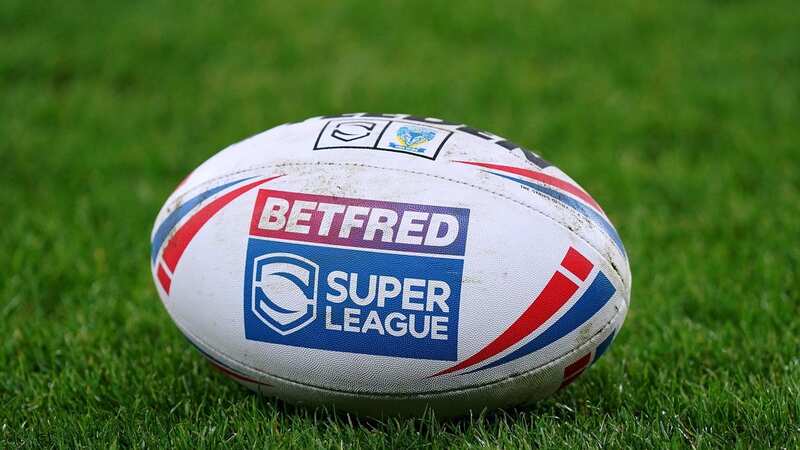
The Rugby Football League lost almost £1m last year largely down to insurance premiums more than doubling.
The annual report for 2022 detailed a loss of £987,000 – following a profit of £1.059m for the previous year – and cash reserves of £7.9m. Four key areas are identified, insurance being the most significant, with costs rising from £705,644 in 2021 to £1,430,627 – the result of “a significant premium increase which was not able to be budgeted”.
This cost is incurred on behalf of the whole game, as it arises from liability insurance placed by the RFL on behalf of its clubs. Central Events are the next factor identified, with ticketing revenues for the 2022 Challenge Cup Final “below expectations”, and “a significant cost absorbed to stage the Mid-Season International…which gave the England Men’s and Women’s teams a chance to perform ahead of the RLWC2021 tournament held in the autumn."
The RFL also had to deal with restructuring, as part of the planned realignment of the sport, which incurred one-off costs, while the postponement of the Rugby League World Cup to autumn 2022 led to the refunding of “a substantial number of tickets which had already been purchased.” However, participation numbers in the first half of 2023 have increased significantly, reflecting the positive impact of the World Cup.
Turnover was up by 70% from £24m to £42m in 2022, largely as a result of the World Cup, with sponsorship increasing from £1.6m to £5.7m, and Government funding from £8.351m to £11.030m, mainly due to grants received by Rugby League World Cup 2021 Limited for delivery of the Tournament in 2022. Distributions to clubs were significantly reduced, from £8.356m to £5.278m - relating in the main to the reduction in distributions to Championship and League One Clubs resulting from the sport’s lower levels of revenue.
 Gay rugby league referee lifts lid on how coming out affected officiating career
Gay rugby league referee lifts lid on how coming out affected officiating career
The Strategic Report said: “The Board and Executive team had budgeted to make a profit in 2022 (£394k) in order to continue the financial turnaround from the previous three years and to build reserves for future to bolster the Group's ability to absorb potential budget shocks in the coming years. Despite strict cost control and management of spend by the Executive, the Group has been faced with another challenging year.”
RFL’s Director of Participation and Development Marc Lovering said: “In addition to the £26.4m of capital investment enabled by the CreatedBy Capital Grants Programme, the RLWC2021 - the most inclusive Rugby League World Cup in history - has also driven a significant increase in participation particularly amongst female and Wheelchair athletes.
 Cade Cust and John Bateman of Wigan Warriors lift the Betfred Challenge Cup after victory in the Betfred Challenge Cup Final match between Huddersfield Giants and Wigan Warriors at Tottenham Hotspur Stadium on May 28, 2022 in London, England. (Photo by Mike Hewitt/Getty Images) (Getty Images)
Cade Cust and John Bateman of Wigan Warriors lift the Betfred Challenge Cup after victory in the Betfred Challenge Cup Final match between Huddersfield Giants and Wigan Warriors at Tottenham Hotspur Stadium on May 28, 2022 in London, England. (Photo by Mike Hewitt/Getty Images) (Getty Images)"The World Cup winning England Wheelchair RL squad have been very active in various community initiatives in the aftermath of the tournament. This effort combined with well over 150 new wheelchairs delivered through CreatedBy has resulted in a 75% increase in participation compared with the same period in 2022. With England Community Lions also winning the inaugural Physical Disability World Cup, the number of registered PDRL players has increased by 60%; and there has been a 54% increase in the numbers of players taking part in Learning Disability Rugby League.
“The committed performances by the England Women’s team have helped to increase the numbers of women and girls participants in 2023 by 15% - again when compared with the same point last year. This figure will continue to rise once figures from the Rugbees programme, inspired by RLWC2021 and backed by Sport England, are factored in The core community game [not including education and social] as a whole has seen a 6% increase to date with encouraging growth particularly amongst junior and youth players.”